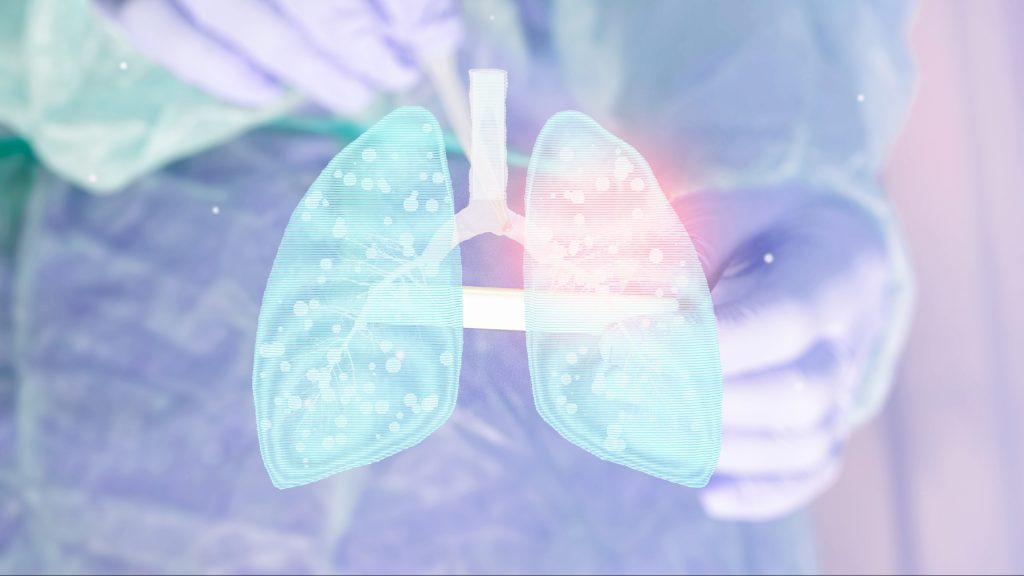
University of Cologne researchers discovered new ways for AI in cancer treatment and developed an AI-based pathology platform, using new algorithms, for analysis of tissue sections from lung cancer patients.
Pathologists used microscopes to examine cancer tissue and determine the appropriate treatment. These examinations confirm the presence of cancer and genetic changes that can lead to personalized treatments.
The study, “Next-generation lung cancer pathology: Development and validation of diagnostic and prognostic algorithms”, showcases how AI is making a major change in the way lung cancer is diagnosed. The microscope has now been replaced by the computer screen, where the imaging of digitized tissue sections is interpreted with AI enhancement.
From Microscopes to Microchips
Digitalization of pathology has opened new opportunities in cancer diagnosis. The conversion of tissue samples into high-resolution digital images empowers the application of advanced AI algorithms to analyze these images in ways earlier considered unimaginable. This allows for critical information extraction from tissue samples, giving further insights into cancer’s nature.
Dr. Yuri Tolkach, a leading physician at the Institute of General Pathology and Pathological Anatomy at University Hospital Cologne, emphasize the great impact of this technology said, “We also show how the platform could be used to develop new clinical tools. The new tools can not only improve the quality of diagnosis, but also provide new types of information about the patient’s disease, such as how the patient is responding to treatment.”
AI Detecting Lung Cancer Complexities
By analyzing these digitized tissue sections of lung cancer, AI can detect patterns and anomalies that can be too subtle even for the most trained human eyes.
This capability offers a more precise and detailed understanding of lung cancer, for the selection AI may examine alterations at the molecular level in cancerous cells to provide a highly personalized approach to treatment.
This concentration on treatment is what can ensure not only best results but also AI in cancer treatment also reduces the side effects from more generalized treatments of the effective treatment.
To ensure the success and applicability of this digital platform, Dr. Tolkach and his team are considering conducting a validation study in collaboration with five pathological institutes from Germany, Austria, and Japan to prove that this new technology can be implemented on a global scale.